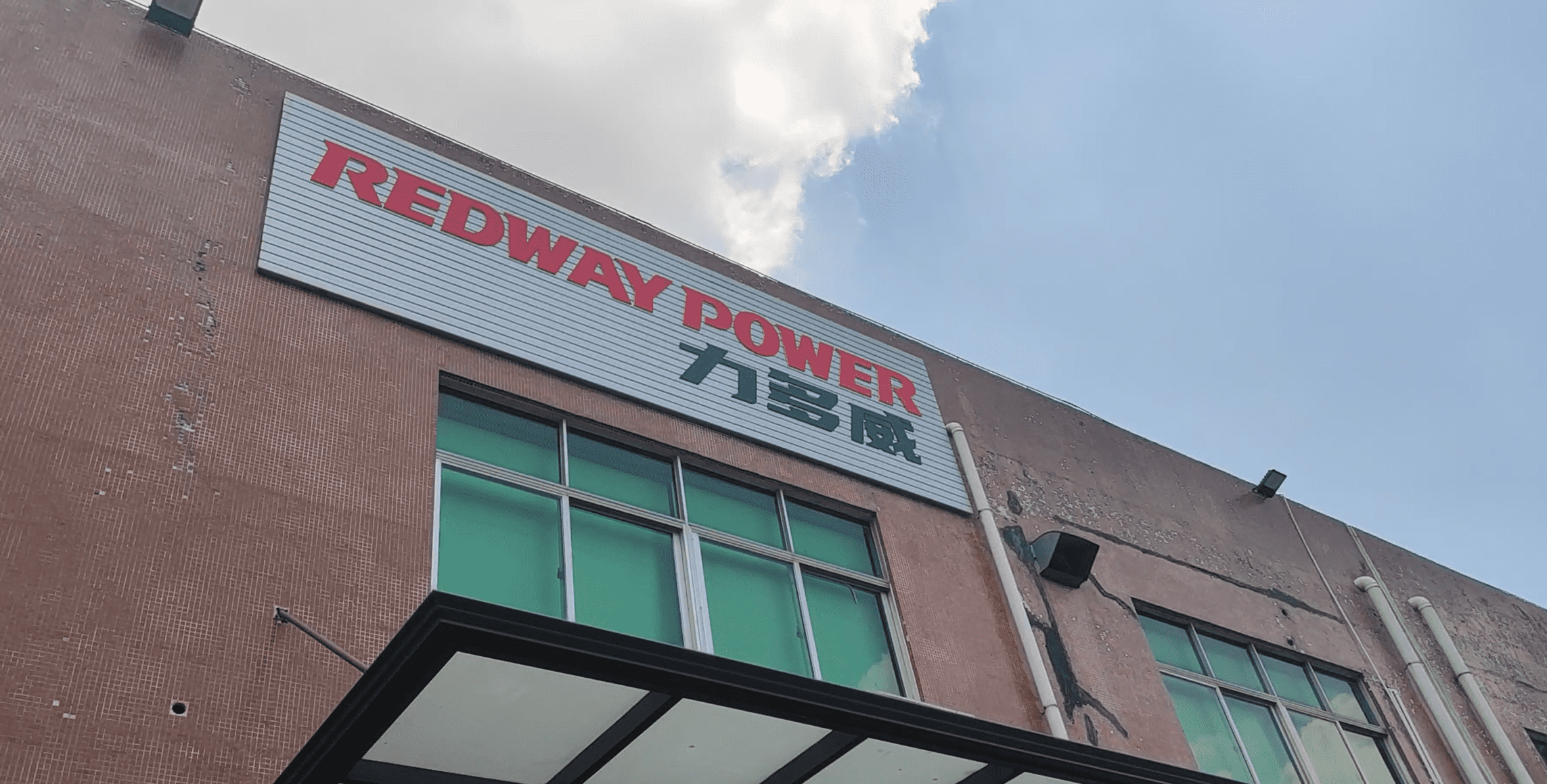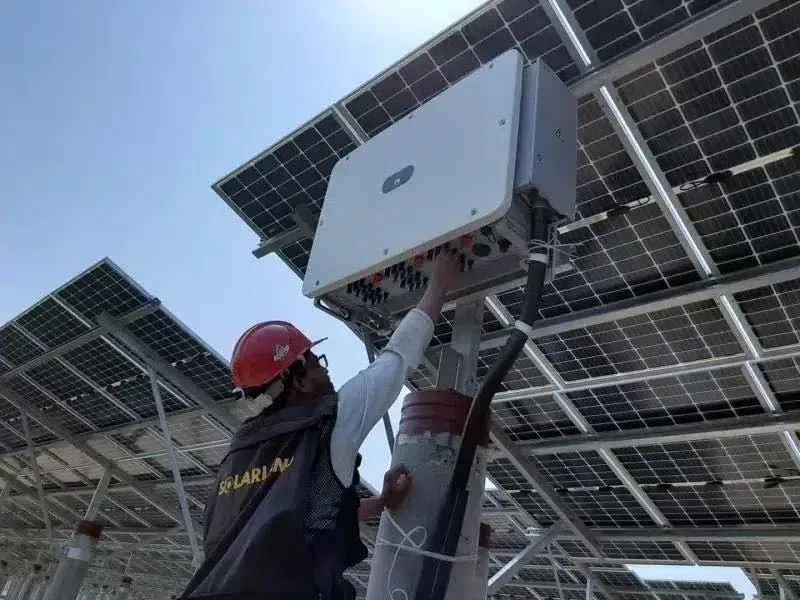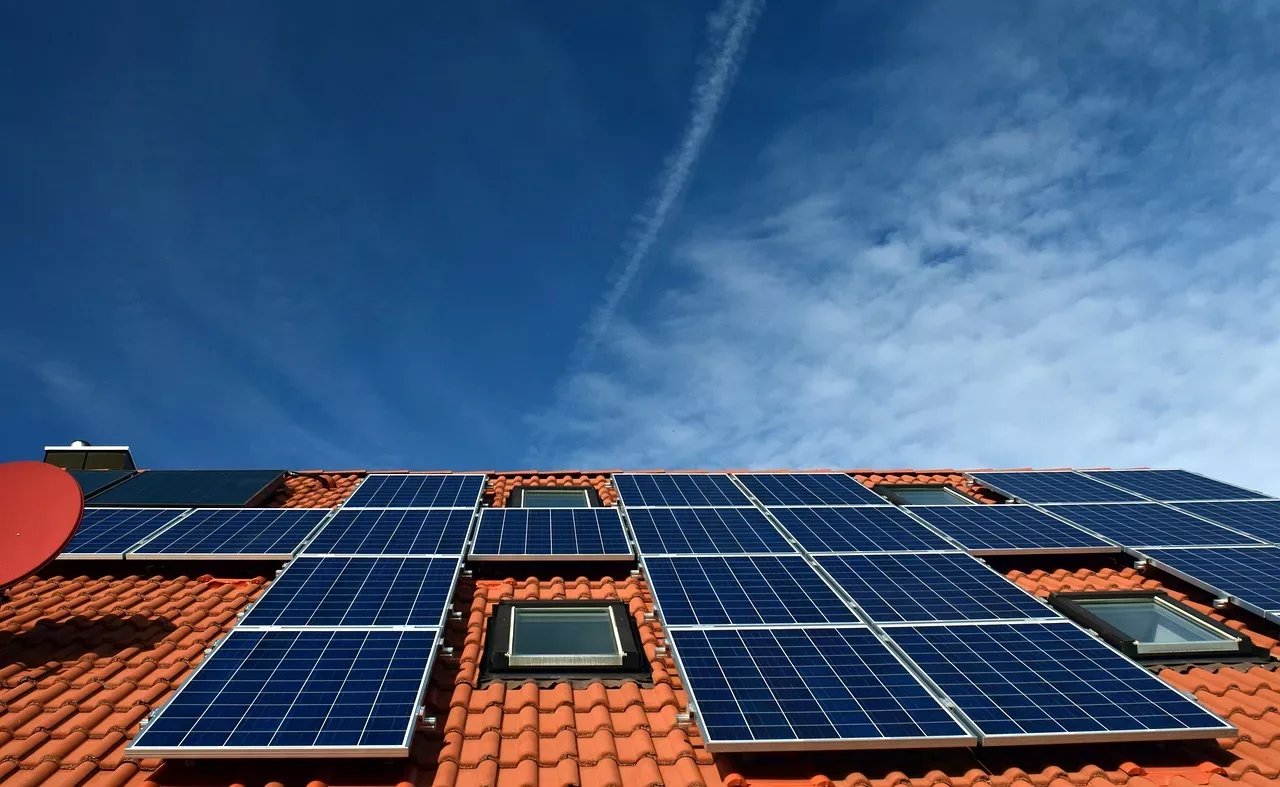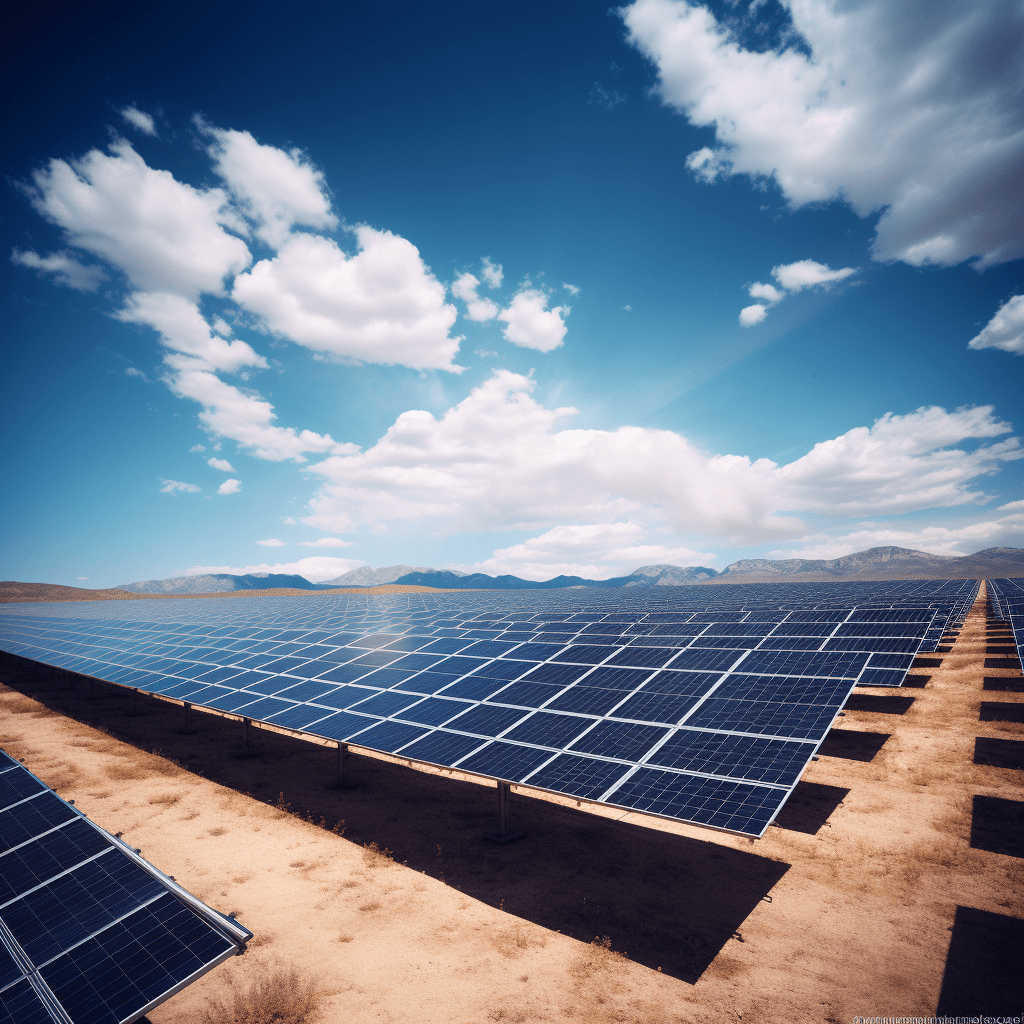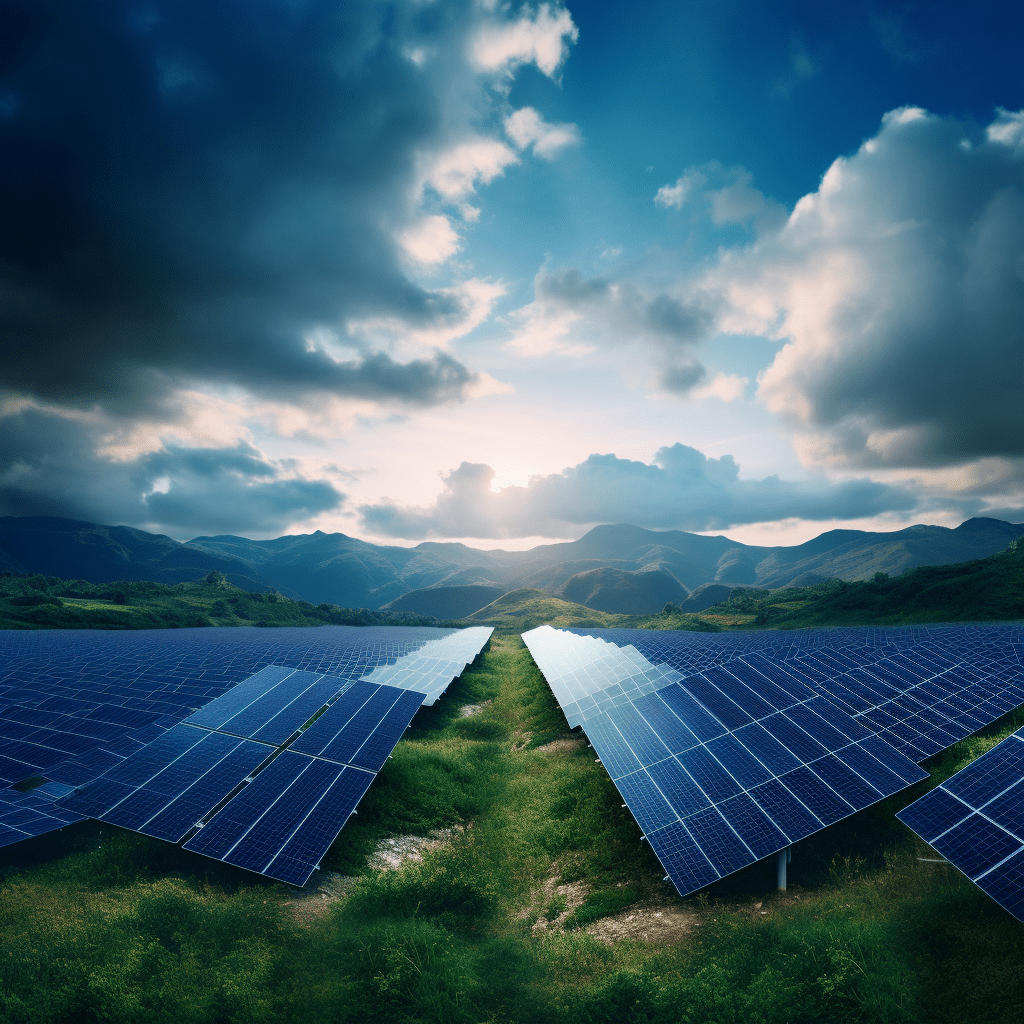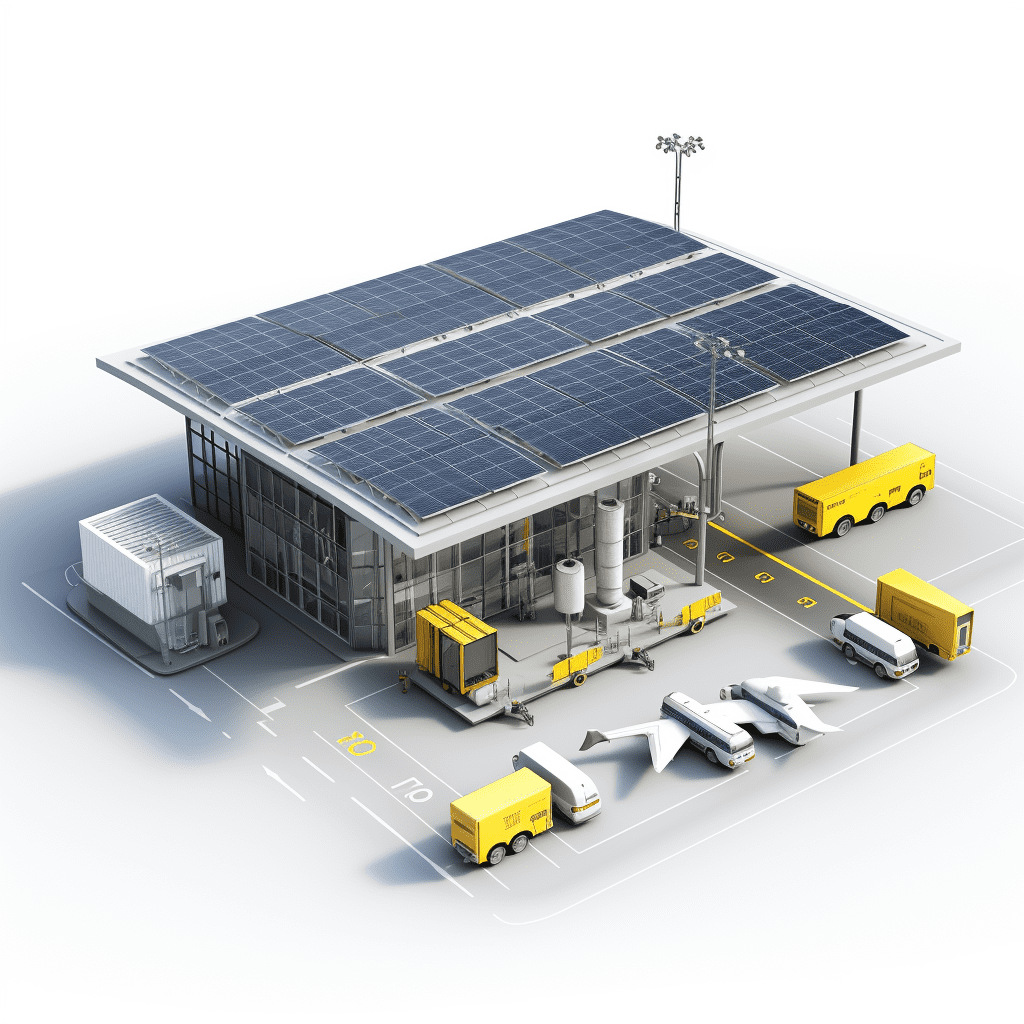If you’re considering buying solar panels for your home, it’s essential to understand how they work, their benefits, and what factors influence your purchase. Key considerations include panel type, size, cost, and installation options. By making informed decisions, you can optimize your investment and enjoy renewable energy savings.
How do solar panels work and what are their benefits?
Solar panels convert sunlight into electricity through photovoltaic cells. When sunlight hits these cells, it generates direct current (DC) electricity, which is then converted into alternating current (AC) electricity by an inverter for home use. The benefits of installing solar panels include reduced electricity bills, increased energy independence, and a lower carbon footprint.
Chart: Benefits of Solar Panels
| Benefit | Description |
|---|---|
| Reduced Electricity Bills | Lower monthly energy costs by generating your own power. |
| Energy Independence | Decrease reliance on the grid and protect against rising energy prices. |
| Environmental Impact | Contribute to a cleaner environment by using renewable energy. |
What factors should you consider when choosing solar panels?
When selecting solar panels, consider the following factors:
- Efficiency: Higher efficiency panels convert more sunlight into electricity.
- Type: Choose between monocrystalline (more efficient but pricier) and polycrystalline (less efficient but more affordable).
- Warranty: Look for panels with long warranties, indicating manufacturer confidence in their product.
How can you determine the right size and type of solar panel for your home?
To determine the right size of solar panel system for your home:
- Assess Your Energy Needs: Review your electricity bills to understand your average usage.
- Calculate System Size: Divide your total energy needs by the expected output of a single panel.
- Consider Roof Space: Ensure you have enough roof space for the number of panels needed.
Chart: Estimating System Size
| Monthly Energy Usage (kWh) | Average Panel Output (kWh) | Required Number of Panels |
|---|---|---|
| 600 | 1 | 600 |
| 800 | 1 | 800 |
| 1000 | 1 | 1000 |
What is the average cost of solar panels and installation?
The average cost of solar panels ranges from $300 to $1,100 per panel, depending on factors such as efficiency and brand. Installation costs vary based on location and system complexity but typically range from $10,000 to $30,000 for a complete residential system. It’s crucial to factor in additional costs for inverters, racking systems, and permits.
Why is it important to hire a professional installer?
Hiring a professional installer ensures that your solar panel system is designed correctly and installed safely. Professionals have access to wholesale prices on equipment and can provide warranties that cover both equipment and installation. Moreover, they can help navigate local regulations and incentives that might affect your investment.
How can you maximize the efficiency of your solar panel system?
To maximize efficiency:
- Choose High-Efficiency Panels: Opt for monocrystalline panels if budget allows.
- Regular Maintenance: Clean panels regularly to remove dirt and debris that can block sunlight.
- Optimize Orientation: Ensure panels are installed at an angle that captures maximum sunlight throughout the day.
Latest News
The solar industry continues to grow rapidly as technology advances and costs decrease. Recent reports indicate that residential solar installations are expected to increase significantly in the coming years due to federal incentives and state-level programs promoting renewable energy adoption. Homeowners are increasingly looking at battery storage solutions alongside solar systems to enhance energy independence.
Editor Comment
“Investing in solar technology not only helps homeowners save on energy costs but also contributes significantly to environmental sustainability,” says Dr. Lisa Green, an expert in renewable energy systems. “With advancements in technology making solar more efficient than ever, now is an ideal time for homeowners to consider making this transition.”
FAQ Section
Q: How long does it take to install solar panels?
A: Installation typically takes one to three days, depending on system size and complexity.Q: Can I install solar panels myself?
A: While DIY installation is possible, hiring professionals is recommended for safety, efficiency, and compliance with local regulations.Q: What happens if my solar panels produce excess energy?
A: Excess energy can often be sold back to the grid through net metering or stored in battery systems for later use.Q: Are there tax incentives for installing solar panels?
A: Yes, many states offer tax credits or rebates for residential solar installations; check local regulations for specifics.
